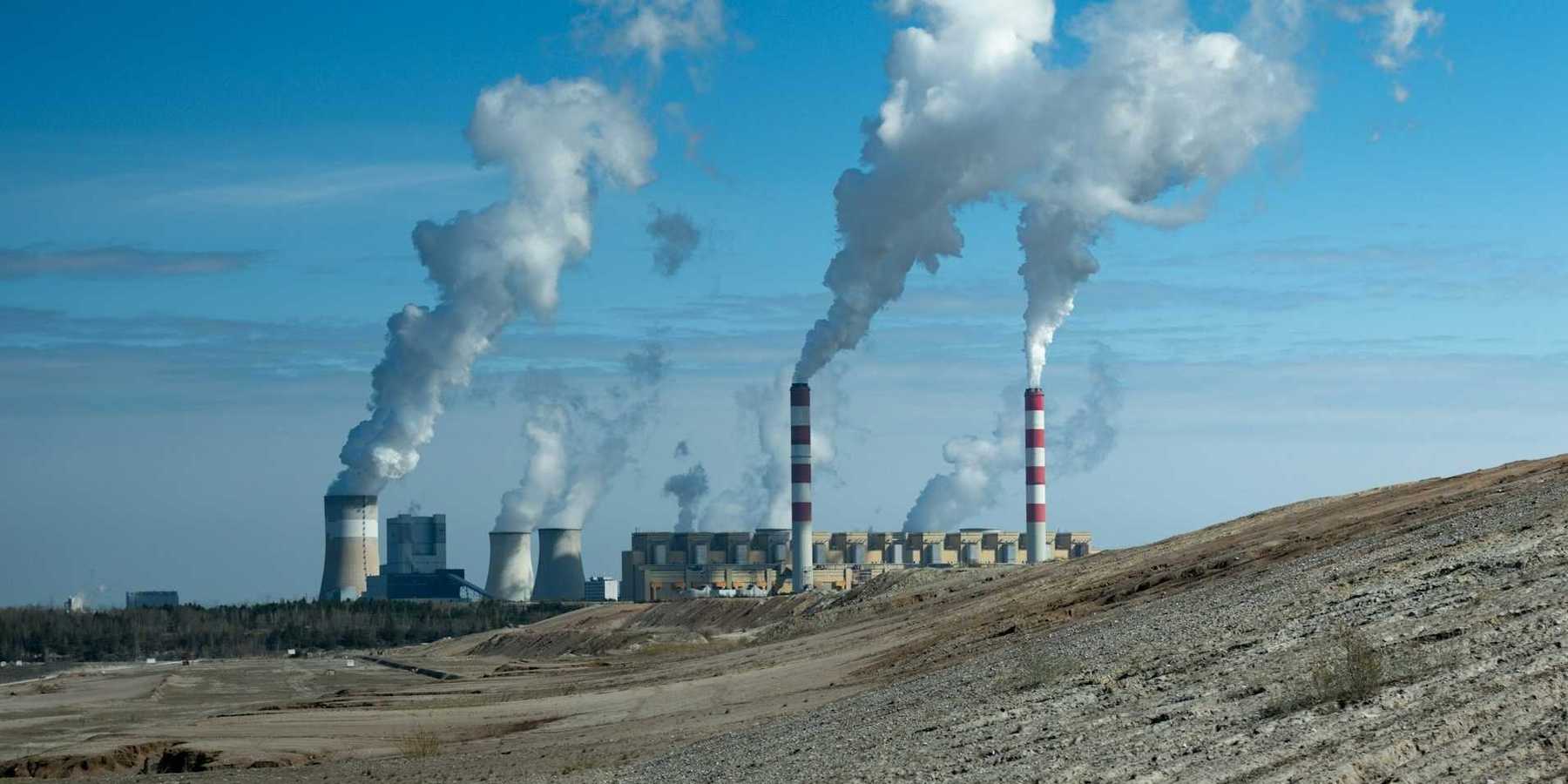Closing coal plants in environmental justice communities first would save more lives: Study
“This study offers a model for balancing environmental, economic and social goals.”
PITTSBURGH — As coal-fired power plants shut down in favor of cleaner, cheaper energy sources, prioritizing the shut-down of the plants in vulnerable communities could yield greater public health benefits and save additional lives, according to a new study.
The study, published in Environmental Science & Technology, suggests that decreases in emissions from prioritizing environmental justice while phasing out Pennsylvania’s coal power plants could eventually prevent up to 136 premature deaths caused by air pollution across Delaware, Illinois, Indiana, Kentucky, Maryland, Michigan, New Jersey, North Carolina, Ohio, Tennessee, Virginia, West Virginia and Washington, D.C., which are served by the same regional power generation network.
“This study offers a model for balancing environmental, economic and social goals, shaping a healthier future for vulnerable communities,” Emily Pakhtigian, an assistant professor of public policy at Penn State and a co-lead author on the study, said in a statement.
Coal-fired power plants emit many health-harming pollutants, including carbon and sulfur dioxide, nitrogen oxides, particulate matter and heavy metals, which are linked to cancer, respiratory and cardiovascular disease among other health problems.
The U.S. is on track to close about half of its coal-fired power plants by 2026, according to the Institute for Energy Economics and Financial Analysis. In 2023, renewables provided more than 20% of the electricity in the U.S. and only around 220 coal power plants are still operating across the country, marking a decline of more than half since 2013.
These trends are mirrored in Pennsylvania, so researchers at Princeton and Penn State Universities and the University of Michigan used advanced computer modeling to evaluate six different scenarios for gradually phasing out coal production in the state, either by reducing capacity or generation, at the six coal-fired plants that were still operating in Pennsylvania as of 2019 (three of which remain open).
These scenarios evaluated how the state’s energy production could transition away from coal based on cost, climate priorities or environmental justice priorities. The study found that among the scenarios that reduced generation at coal power plants, prioritizing plants near Pennsylvania’s environmental justice communities yielded the largest public health benefits, resulting in up to 13% fewer deaths caused by air pollution in the state and 4% fewer deaths in the rest of the regional power generation network.
“By prioritizing coal plant retirements based on health and equity impacts, Pennsylvania could take significant strides toward cleaner air and more just energy policies,” said Pakhtigian in a statement.
Closing large coal plants can reshape power generation across the regional power system, which the research also accounted for.
“The beauty of our interdisciplinary approach is that it uses complex, coupled modeling methods to account for the entire chain of adjustments,” Joel Landry, an environmental and energy economist at Penn State and one of the study’s co-authors, said in a statement. “It captures not only the public health impacts within Pennsylvania, but also on other communities within the same regional power systems, such as those located near generation assets that may have to operate more to fill the demand gap caused by retiring Pennsyalvania’s coal plants.”
Only three coal-fired power plants remain operational in Pennsylvania today: The Keystone and Conemaugh generating stations, both of which are in western Pennsylvania and are expected to close by the end of 2028, and Talen Energy’s Montour station in central Pennsylvania, which is expected to convert to natural gas by the end of 2025.
In 2019, former Pennsylvania governor Tom Wolf signed an executive order to join the Regional Greenhouse Gas Initiative, a multi-state program that aims to reduce greenhouse gas emissions from power plants, in large part by speeding the retirement of coal-fired plants. The program was expected to create substantial public health benefits, including the prevention of between 282 and 639 premature deaths in Pennsylvania by 2030. But in 2023, the Pennsylvania Commonwealth Court ruled in favor of state Republicans and industry groups’ lawsuits against the initiative, halting it. Gov. Josh Shapiro's administration subsequently filed an appeal to that ruling in the state Supreme Court, which could take several years to rule on the case.
The authors of the recent study said they hope policymakers across the country will consider their findings when planning clean energy transitions in order to maximize public health benefits.
“Policies could provide enhanced incentives for new clean energy capacity that would displace electricity from coal-fired facilities with the largest health impacts,” Hannah Wiseman, a professor of law at Penn State and co-author of the study, said in a statement. “Regional transmission organizations, in particular, which govern the interconnection of new clean energy generation, should take these factors into account.”













